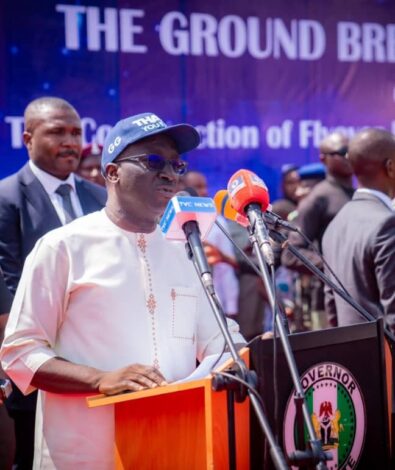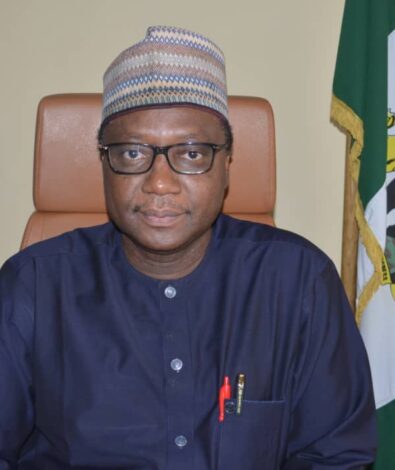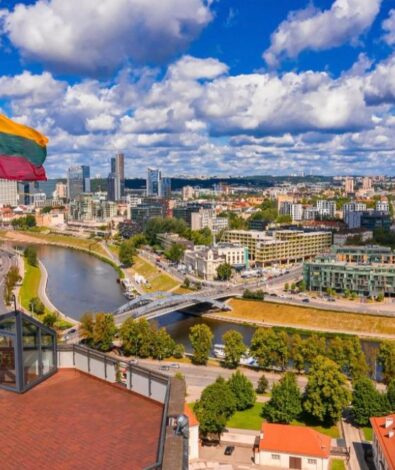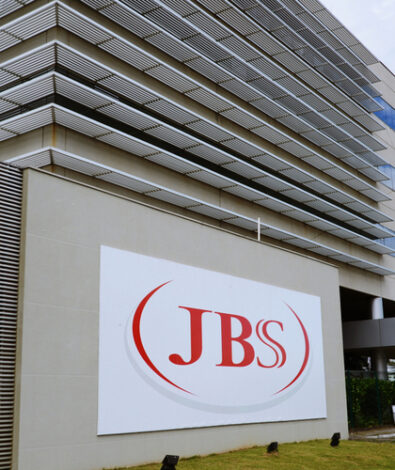Nasarawa’s IGR grows from N7.7 billion to over N20 billion in 4 years – Governor Sule
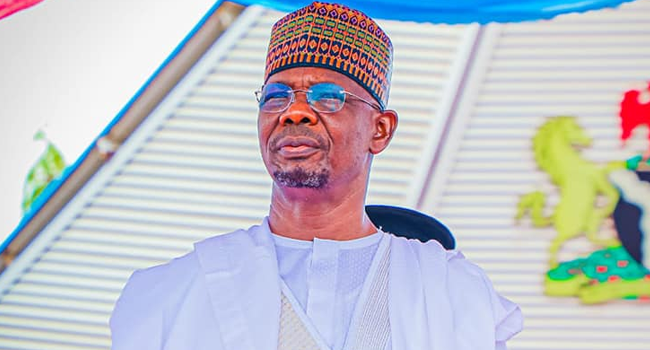
Governor Abdullahi Sule of Nasarawa State has revealed that the state’s Internally Generated Revenue (IGR) has increased significantly from N7.7 billion in 2019 to over N20 billion annually.
According to NAN, the governor made this disclosure in an interview with journalists over the weekend, highlighting the state’s untapped potential in natural resources and agriculture.
Governor Sule emphasized Nasarawa’s wealth in hydrocarbons, solid minerals, and agriculture, noting that the state could become one of the richest in the country if these resources are fully exploited.
“We are currently generating between N1.3 billion and N1.7 billion monthly,” he said, pointing out that the state’s comparative advantage in agriculture and solid minerals is a key driver of its economic growth.
He further revealed that the state boasts a marble site in Gudi, where a Chinese company produces tiles and ceramic products, and is home to Nigeria’s largest lithium processing plant.
“You will be more excited if you visit the site of our lithium processing plant,” the governor added, highlighting the growing investments in the state’s solid mineral sector.
Industrial development
Governor Sule also highlighted significant investments in agriculture, stating that the state has a 10,000-hectare farm and has begun harvesting rice.
“We are focused on harvesting the rice and keeping it in the warehouse, forming a pyramid of rice,” he said.
He also touched on the state’s Vocational and Technology Center, designed to produce skilled technicians for Nigeria’s industrial development.
“When Dangote built his refinery, Nigeria had to import 4,000 technicians from India. This is why I am committed to producing skilled technicians in Nasarawa,” Sule explained.
In addition to economic growth, Governor Sule stressed his administration’s commitment to empowering women and vulnerable groups.
He highlighted the recent inauguration of a gender policy document, the first of its kind in Nigeria, as part of the state’s Human Capital Development Agency.
“For the first time, Nasarawa has a female Chief Justice and a female Vice-Chancellor,” he noted, emphasizing the strides made in promoting women’s leadership roles.
Rural empowerment
Sule reiterated the state’s focus on providing infrastructure in rural areas, where most of the state’s economic activities, including farming and mining, take place.
“The wealth of Nasarawa is in the villages. Our administration is committed to ensuring inclusivity for youth, women, and the elderly through training and skill acquisition programs,” he said.
Despite being one of the states receiving the least allocation from the federal government, Sule maintained that Nasarawa remains rich in human and capital resources, with oil exploration ongoing in Obi Local Government Area. “Nasarawa is one of only three northern states involved in oil exploration, and with our mineral resources, this state cannot be poor,” he remarked.
Revenue management
Governor Sule also touched on the state’s prudent financial management, revealing that his administration has not borrowed funds to execute its projects.
“Since I came into office, we have not gone to the bank to borrow money. Our goal is to block revenue leakages and explore alternative sources of income,” he stated.
Sule emphasized the strategic advantage of Nasarawa’s proximity to the Federal Capital Territory (FCT), particularly in the housing sector. “We are targeting wealthy individuals living in the FCT, encouraging them to invest in Nasarawa. This is part of our strategy for growth,” he concluded.
